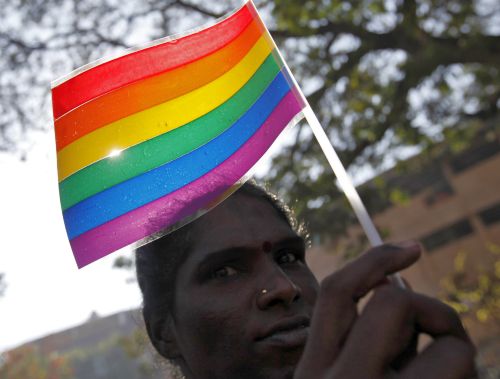Why do politicians sometimes hand power to court: Justice Chandrachud on Sec 377
September 09, 2018 08:40

Two days after he authored a concurring judgement in the landmark Supreme Court verdict that decriminalised homosexuality, Justice D Y Chandrachud Saturday expressed disappointment at the Centres decision to leave sensitive issues to the wisdom of the court and asked why politicians sometimes hand over power to judges.
Referring to the Centres affidavit, which left the decision on petitions challenging the validity of Section 377 of the Indian Penal Code to the wisdom of the Supreme Court, Justice Chandrachud said: But the legislature and government leave it to the court to decide sensitive issues such as the power to administer and govern the National Capital, issue of passive euthanasia and also challenge to Section 377 besides other sensitive issues.
Why do politicians sometimes hand over power to judges, and we see that happening in the Supreme Court every day. We saw that in 377 where the government told us that we are leaving this to the wisdom of the court, and this wisdom of the court was too enticing a principle for me not to respond so I responded in my judgment the other day, he said.
Quoting from his 180-page concurring opinion, Justice Chandrachud said: It is well for a judge to remind himself or herself of the fact that flattery is often the graveyard of the gullible. He was part of the five-judge Constitution Bench, which Thursday scrapped the colonial-era Section 377, along with Chief Justice of India Dipak Misra and Justices R F Nariman, A M Khanwilkar and Indu Malhotra.





 © 2024 Rediff.com -
© 2024 Rediff.com -